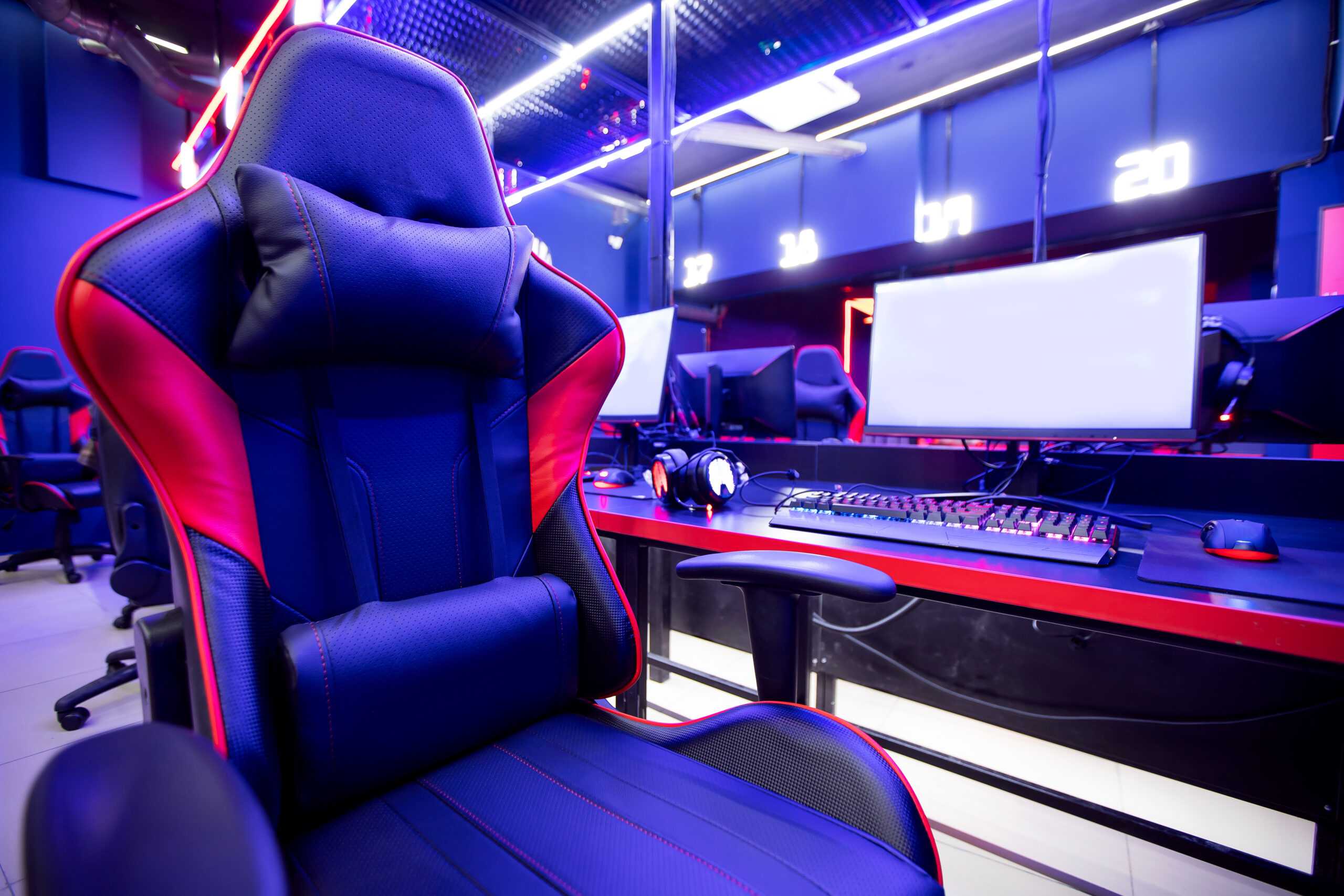No person is immune to COVID-19, and neither is any company. Even those in the toilet paper and hand sanitizer business have had to make significant changes to adapt to the pandemic.
In esports, restrictions on in-person tournaments have severely limited competitions, both at the grassroots level and among major esports leagues and tournaments. The esports industry has managed to keep its head above water by shifting the majority of its competitions online and luring more viewers into the ecosystem. Even with this change challenges remain, and esports teams and tournament organizers continue to adapt.
Dreamhack postponed the remainder of its live 2020 schedule. Riot Games moved all its LCK matches in Korea online and is holding its Worlds 2020 championship entirely in Shanghai. The company also had to restructure the Worlds event after the Vietnam Championship Series teams pulled out. Meanwhile, ESL completely canceled its ESL One Rio 2020 CS:GO Major and is refunding tickets, and Activision Blizzard is reportedly already considering a bubble-style environment for its 2021 season of Call of Duty League. The $50 million esports stadium that Comcast is planning in Philadelphia (to be the home of OWL franchise Fusion) is on hold now as well – although overall investment in physical esports venues remains strong.
Even though COVID has helped put esports in the spotlight, especially as traditional sports were on hiatus, the pandemic has posed challenges for esports as well. Key stakeholders are continuing to lose out on ticket sales and sponsorship opportunities at physical venues. ESL CEO Ralf Reichert countered the idea that esports was the beneficiary of a global crisis, telling Deloitte that adapting the business to the ongoing impact of the pandemic has been crucial.
“We… had to adjust our monetisation strategy. We usually have 10 or more stadium size competitions and over 1,000 smaller competitions a year, plus hours of produced material. That was basically all cancelled,” he said. “We then started to have players broadcast individually from their own homes. The result is good and fan reactions are positive. Now it is up to us to keep the entertainment factor up and continue to provide the fans with the content they desire.”
Reichert suggested that online viewership went through the roof, with digital audiences being “two to three times higher.” Interpret’s NMM: Global Profiles® also shows a clear jump in the number of people tuning into esports events across several countries. In the US, viewership of esports tripled, while the UK and Australia saw 50% gains. Now the world (and sponsors) are waiting to see if esports can retain these new viewers as the pandemic abates.






